LEXUS is known for reliable, but slightly boring, motor cars. Some of the styling has been suspect, even slightly dreary.
The last few years has seen LEXUS spawn several handsome carriages, shrugging off the veil or normality.
They’re shamelessly going after the big Germans, and they’re using clever design, and ruthless quality control to do it..
In the video review, we mention the LFA super car.

Lexus LC500h + EP
The LC pays homage to the LFA in style and materials, but comes in at 1/3 of the price.
The LC is made in the very same Motomachi factory where the hand-made LFA was made.
The exterior is a mash-up of LEXUS and Toyota design language. The sleek coupe is a true GT car. A long low bonnet, swept back carbon fibre roof, and big 21” forged alloy wheels, scream Monaco in summer.
The aggressive front end is replete with a signature hour-glass LEXUS grille flanked by a pair of intriguing tri-crystal LED headlights.

Lexus LC500h + EP
There are further cues from the dull-as-dishwater Prius.
Somehow, what makes Prius look painfully busy, makes the LC look masculine and forceful, and utterly magnificent.
According to LEXUS, the “arrowhead” design in the headlights allows a lower, sleeker bonnet.
There is a deeply sculptured side profile, and innovative tail lights across the back. A disguised button in the right hand light bezel opens the boot.
Deep inside the lense, there are mirrors to reflect light giving an ethereal 3D effect.

Lexus LC500h + EP
The lines and angles reinforce the strong muscular rump. The short boot has a spoiler which deploys above 80kph.
Overall length is 4,770mm, width is 1,920mm and the height 1,345mm, with wheel arches that protrude brutishly.
“Headturner” is an over-used term, usually in ads by someone trying to add cache to a clunker. The LC500 actually does turn heads.
Every time I parked, noses were pressed against the windows leaving grotty marks.
From my vantage point, secreted with coffee and croissant, I saw person after person stop to look.
The lines are graceful, yet slightly thuggish.
If the delicious exterior signals GT style and grace, the interior is almost overwhelming.
Door handles pop out when pressed. A gentle tug opens the long, lean, door.
The interior is completely leather-clad in tan luxury. The cabin looks fresh a long beach holiday in the Whitsundays.
Everything you see and touch oozes class and sophistication. Leather, Alcantara, aluminium, and glass mix casually, but tell a complete story.
The dash is clearly divided into sections.

Lexus LC500h + EP
The top section houses vents, an analogue clock, and 2 TFT screens. A 10.3” screen sits at the top of the centre stack, with a second FTF LCD screen directly in front of the driver.
This is supported by an HUD (heads up display) which reflects the speed, Satnav, radio station, lane departure, and active cruise control distance metre onto the windscreen.
Though not cutting edge, the instruments make the LC feel high-end and modern.
A line of vents traces a black horizontal line from one side to the other. The passenger has two built-in grips in case of a spot of light track work.
Below the climate controls, LEXUS persists with an optical drive for CDs and DVDs. I predict it will get little use.
Controls and switches are where things start to go wrong.
The gear lever is a pistol-grip affair. A button for Park, and “hold” button for brakes, plus an EV button in the Hybrid model are fairly easy to use with practice.
The rest, however, is a different story.
The fiddly track pad, infotainment buttons and knobs, and the on/off/volume controls are confusing and poorly laid out. Not only that, they are difficult to use, and require much concentration.
Putting a cup in the cup holder just in front of the DVD slot often results in the audio system being accidentally turned off, or one of the other buttons being pushed.
The track pad allows the user to select then confirm commands on the 10.3” screen.
However, you frequently select the wrong option. The pointer highlights the option you want, in red, and the current selection is in blue. It is easy to mistake one for the other.
The system is virtually impossible to use on the move.
The steering wheel controls are much more user-friendly. The audio controls are along the bottom of each group, for use by both thumbs.
There is volume and voice on the left, and “Mode” and Select on the right.

Lexus LC500h + EP
Cruise control is above the audio controls on the right, and driver instrument menu on the left. It is crisp and clear and easy to use.
Low on the dash are buttons for boot, HUD, and petrol cap.
On the subject of the boot, an innocuous button inside the lockable glove box disables all boot switches. You can lock the glove box, thus securing the boot for valet parking etc.
It is easy to press by accident.
The heated/cooled seats give excellent support, though some essential controls are missing. You can’t alter the depth of the seat, nor can you adjust the side bolsters.
Access to heating/cooling is via the shambolic infotainment system. Some of the climate buttons are direct select by the aluminium switches below the 10.3”screen, but most functions must be changed in the “climate” menu.
A button opens the climate menu, but can also be accessed in the Settings menu. Here you’ll find the Sync for dual temperatures, heating and cooling for the seats, vent flow and demist.
The settings menu has been changed so now the graphic equalizer and warning “bongs” are harder to find and disable. Previously, the equalizer had been available from all audio screens.
School zones, traffic cameras, high crash areas, and speed cameras elicit a loud “BING-BONG”, before each warning. The system had a few hiccups. Despite turning the bells off, they continued to sound.
With the volume on the lowest setting, you could hear warning every few minutes. It dirves you completely potty.
The only way to get it to stop the warnings was to raise the volume, then lower it again. At first, I thought it was operator error, but I repeated the process and the same thing happened.
Putting the dreadful controls aside, the experience is blissful. The drive is a total and utter pleasure.
The chassis is the most rigid LEXUS has produced. The body has additional bracing, and the tops of the dampers are reinforced, racing-style.
The power plants are simply stunning.
The aging 5.0V8 is naturally aspirated and has an impressive 351kw and 550Nm.
The 4-stage hybrid system uses an equally old 3.5V6. It is given new life by a new hybrid technology, and does the 0-100 dash in 5 seconds.
It has an impressive combined output of 264kW from its 348Nm 3.5-litre V6 petrol engine, 300Nm motor generator and compact, lightweight lithium-ion battery – the first of its kind in a Lexus.
Both drivetrains use a new 10 speed direct shift automatic.
The auto has an extra gear between 2nd and 3rd, and a taller top gear for high speed cruising economy. The ratios are evenly spaced to avoid lingering too long in intermediate gears.
The gearbox uses AI to learn the driver’s style rather than merely using speed and other inputs. It is so clever, it will do this even if the driver has not opted to use the “Drive Mode” knob on the left hand side of the binnacle.
By the way, the Right-hand knob turns off the traction control. Unless you have a death wish, leave it alone.
Weight savings in materials mean the new low-friction gear box weighs much the same as the famous LEXUS 8-speed unit. It is super smooth, and unbelievably quick in changing gears.
The hybrid lacks the gravitas of the brawny V8, but is my choice of drive units. We averaged around 8.8L/100k regardless of highway or city driving.
Our drive covered the usual demanding Royal National Park bends, plus several mini road trips, one from Sydney to Canberra, and another to the pretty Hunter Valley.
There is something very satisfying about moving in complete silence in a car park.
The variable drive mode control has 2 sports settings, a comfort setting, and the every-day “normal” option.
Steering, engine, and transmission work together with altered damper settings to make the car feel almost psychically linked to the driver.
You can flick from side to side, changing direction instantly, while the body stays completely flat.
The back feels lively, but never gets untidy. You can feel the system working beneath your feet, but it never seems intrusive.
On the highway, the adaptive cruise controls works to keep you a distance from the car in front regardless of speed. In traffic, you can use the system to remove the tedium of constant pedal work.
If the traffic stops, you do too.
The system will need to be prompted if traffic doesn’t move again within a few seconds. Either a gentle press of the accelerator, or a thumb on the “resume” button will let the car know it is time to move off again.
The hybrid loses half the boot space in motor and batteries. No matter, the back seats are useless for people, so put your weekend-totes there instead.
Blind spot monitoring, rear cross traffic alert, and the rear view camera, make parking easy. The mirrors dip so you can see the gutter, thankfully. The LC500 would be virtually impossible to park without these aids.
You sit low, and the windows make vision potentially difficult. The driver aids mean you hardly notice the limited rear view.
The cabin is quiet most of the time, but the low tyres get a rumble on the chip road surfaces. It is never unpleasant.
Mark Levinson sound is fabulous.
It is deep and rich, and the quality is what you’d expect of a car costing 200 grand.
One thing that continues to frustrate me is the lack of Carplay/Android Auto. Despite Toyota and LEXUS saying otherwise, it is unforgivable.
They say their system is better, but it isn’t. I overcame much of the frustration by using “Hey Siri” handsfree. Either by Bluetooth or USB, you can speak at any time without having to use the voice button.
The voice button is the best way to programme the Satnav if you don’t want to rip what’s left of your hair out.
You can say the address, but you must do it exactly as the system wants it done. There are no short cuts. It is also the easiest way to cancel navigation. You can do both on the move.
Trust me, you don’t want to have to tackle it in the menu. There is no actual “cancel navigation” option.
You have to complete the journey, or delete the address, and good look doing the latter.
Conclusion:
Stunning, is the only word to describe the LEXUS LC500.
Both drivetrains are brilliant.
The aging V8 used in the LEXUS “F” models makes the LC a Scud in a dinner suit. It has a visceral sound track that makes you weep.
A hybrid usually spells disaster to performance, but 5 seconds to 100kph is enough to be going on with.
Despite the lack of a V8 rumble, the V6 manages a raspiness that is not entirely displeasing. But, it is the periods of complete silence that are most rewarding.
You feel like a wraith gliding on a layer of mist.
Both cars are fast, very fast. They handle like race cars, and look like futuristic space craft.
Some don’t like the looks, but those people are dead inside.
The infotainment system sounds great, but is a bugger to use. That aside, it drives as good as it looks. A track might get the LC500 to come unglued, but it is hard to imagine.
It begs to be taken by the scruff of the neck, but make no mistake, it is a GT car capable of gracefully crossing the continent.
You can live with it day to day. It is easy to park even without the automated parking available in other LEXUS cars.
It cruises effortlessly, and has the punch to match the looks.
Quite simply, it is a slightly flawed god, but still a Titan. Don’t let the nameplate fool you, this is no flabby gentleman’s barge.
Nuts and Bolts:
Price: $203,218 drive away NSW
Engine: V8 non-turbo, petrol 351kn/550Nm, 11.6L/100k
V6 4 stage Hybrid, 261kw, 6.7L/100k


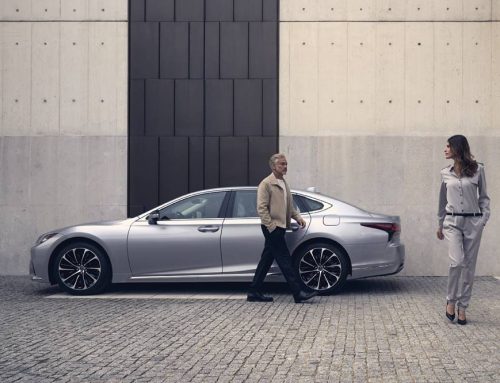
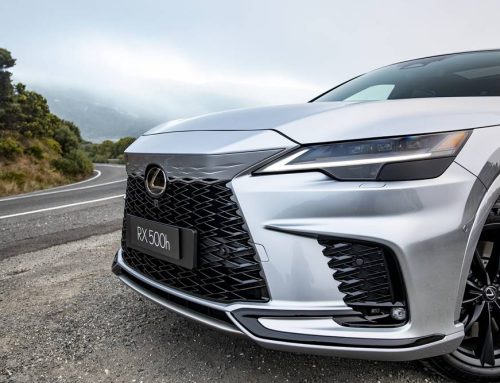
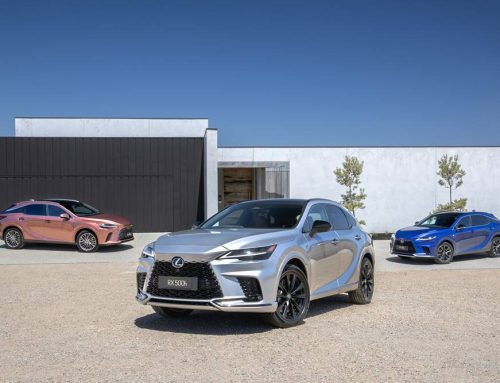

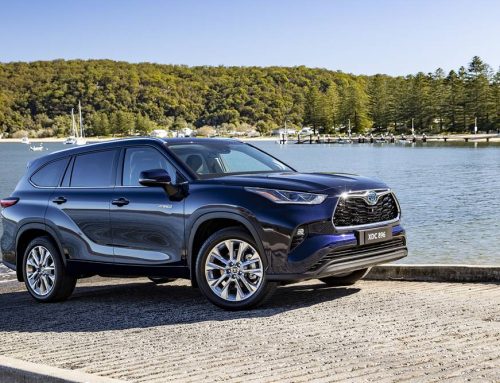
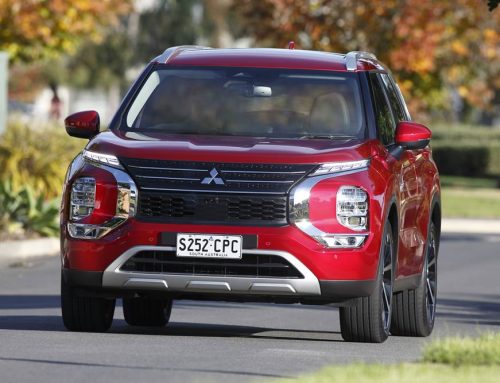
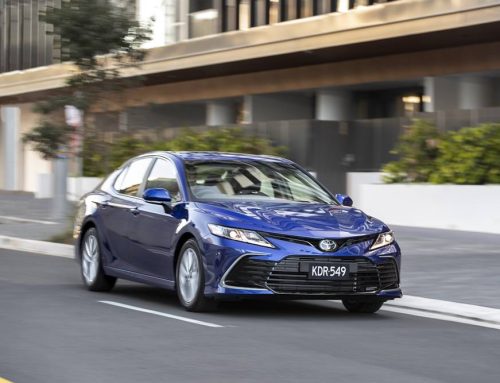
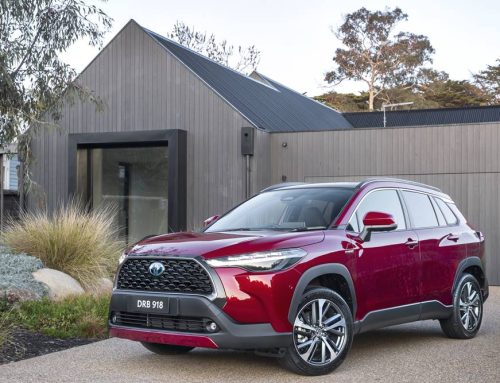
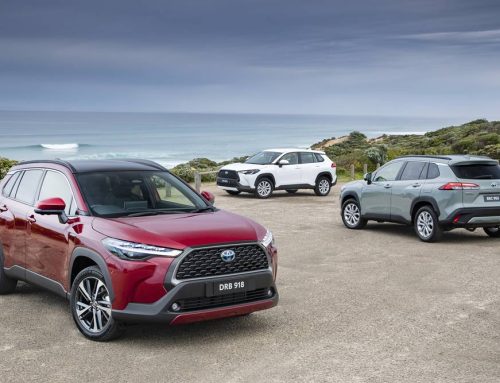
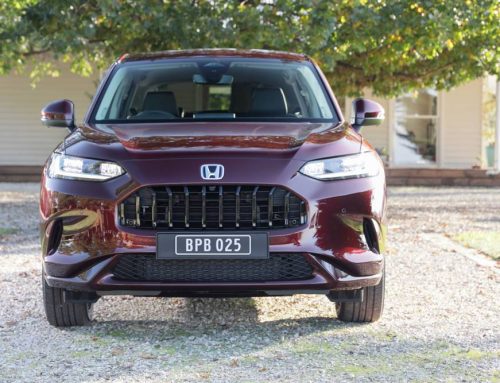

Hi there. Thanks for this info! Really enjoyed reading this page.